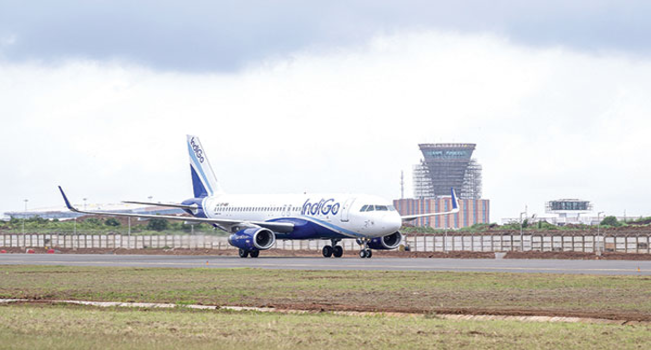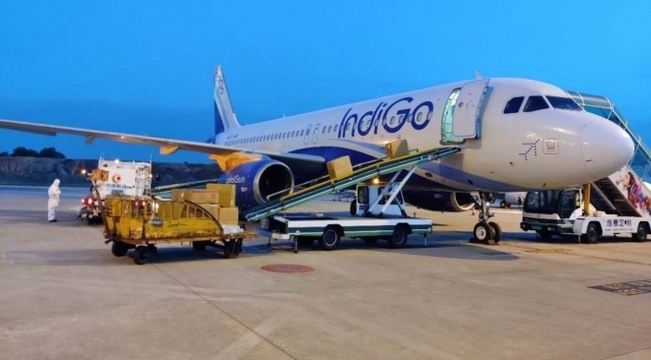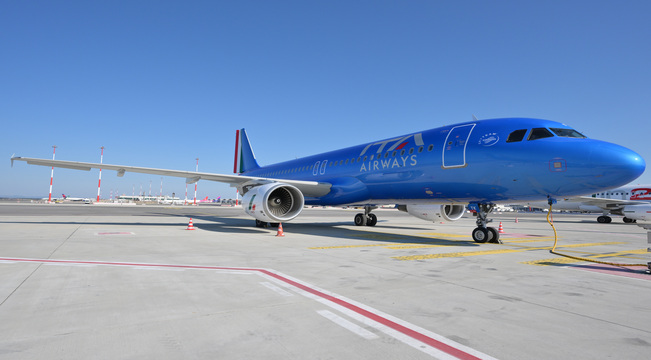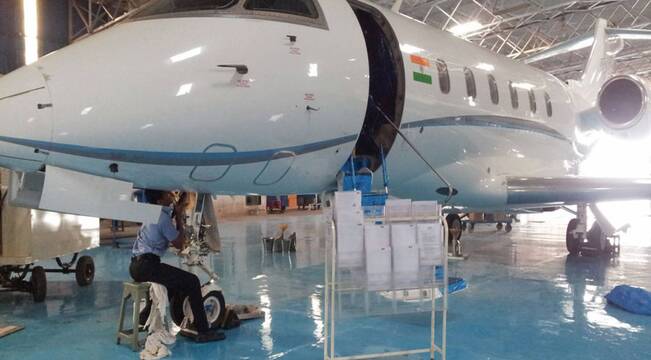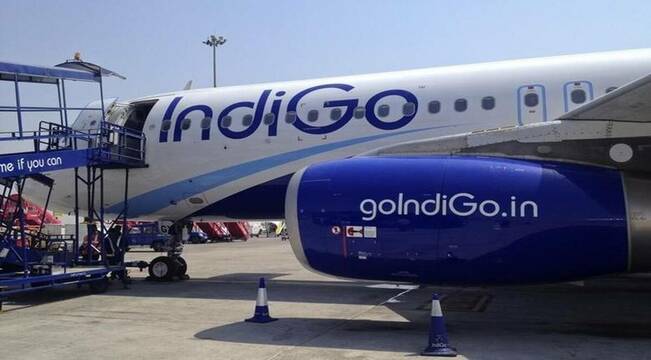Dubai, November 18, 2024: The UAE’s civil aviation network serves an average of more than 400,000 passengers daily and more than 12 million passengers monthly. It transports more than 10,000 tonnes of goods daily, said UAE’s Minister of Economy Abdullah bin Touq Al Marri.
Moreover, the civil aviation sector’s human cadres include more than 9,400 registered pilots, more than 35,000 aircraft crew members, 4,400 maintenance engineers, and 463 air traffic controllers, Al Marri said on Monday during the opening day of the third International Programme for Civil Aviation Leaders.
“The country’s air transport sector is linked by cooperation and partnership agreements with more than 90 per cent of the world’s countries, with a total of 189 air transport service agreements,” said Al Marri, who is also the Chairman of the General Civil Aviation Authority (GCAA). “The Middle East region represents 13 per cent of the UAE’s air network with countries worldwide,” he added.
Passenger traffic at the UAE’s airports surged by 14.2 per cent in the first half of 2024. During this period, the airports handled over 71.75 million passengers, compared to 62.79 million last year. GCAA has attributed the significant growth in the aviation sector to continued investment in infrastructure development and advancing digital transformation in civil aviation.
Contribution to GDP
Al Marri added that the global civil aviation industry is not limited to being a means of transportation, but rather a major contributor to enhancing the gross domestic product (GDP). “(The sector) is a major contributor to GDP through its ability to open new horizons for investment, develop advanced technological industries, and creating diverse job opportunities,” he said.
According to a recent Oxford Economics report, in 2023, Dubai’s aviation sector alone, consisting of Emirates Group, Dubai Airports (including Dubai International and Dubai World Central – Al Maktoum airports), and other aviation sector entities is estimated to have supported Dh 137 billion in gross value added (GVA), equivalent to 27 per cent of Dubai’s GDP.
Over 21.7 million passengers travelled through Abu Dhabi Airports in the first nine months of 2024, and the number of passengers passing through Sharjah Airport during the third quarter of 2024 exceeded 4.392 million, marking a 10% increase compared to the same period last year.
Not without challenges
The Minister also said there is no doubt that the civil aviation sector is facing major challenges today due to multiple factors, including geopolitical tensions and the challenges of reducing the sector’s carbon footprint and enhancing its environmental impact.
“(This is also) in addition to the increasing difficulties facing the aviation industry due to the impact of its associated supply chains. At the same time, the sector must confront cybersecurity risks and data protection in light of the increasing electronic threats,” he said.
Al Marri added, “We are committed to continuing joint efforts, cooperation, and knowledge-sharing with our Arab brothers to elevate the civil aviation sector to new heights of progress and prosperity, exploring the latest future trends in innovation, sustainability, and advanced aviation technologies.”










